The Emmy Award-winning film Dirt and Deeds in Mississippi reveals the extraordinary story of a Delta community called Mileston in which 100 sharecropping families gained control of 10,000 acres of some of the best land in the state as a result of a radical New Deal era experiment in the 1930’s and in turn, became leaders of the movement in the 1960s.
They were prepared to put their land and their lives on the line in the fight for racial equality and the right to vote in America’s most segregated and violently racist state.
In the face of escalating terror, Black landowners and independent farmers provided safe havens, collateral for jail bonds, armed protection, and locations for Freedom Schools. They were often the first to attempt to register to vote and run for public office.
The film also presents new information about the infamous case of the three young activists murdered during Freedom Summer in 1964.
Narrated by Danny Glover and winner of a Television Academy Award, Dirt and Deeds in Mississippi tells how an independent farmer and teacher who came to own the land on which his great-grandparents were enslaved became the first Black candidate elected to a state-wide office in Mississippi in the 20th century. [Description from California Newsreel]
Trailer
Available through California Newsreel.
In “Dirt and Deeds in Mississippi: Film Highlights Long Threads in Civil Rights History” by William Minter and Michael Honey, the authors note: This film, narrated by Danny Glover, is also distinctive in several ways that make it a particularly valuable resource for researchers, students, and social justice activists alike:
While touching on the historic events which received national attention (Freedom Summer, the murders of civil rights activists Chaney, Goodman, and Schwerner; the 1964 Democratic Convention, and President Lyndon Johnson’s legislative initiatives on civil rights), its focus is the small rural community of Mileston, in Holmes County, on the edge of the Mississippi Delta just under 80 miles north of the state capital Jackson. And it gives priority to local activists who seldom feature in the national narrative.
In particular, it highlights the critical roles of Black landowners, in Holmes County as around Mississippi, as the indispensable support base for the movement through providing housing for activists on their farms and armed defense for the organizers of non-violent demonstrations and voter registration drives. Unlike Blacks living on plantations or otherwise dependent on whites for paychecks, landowners had achieved some level of independence and were willing and able to step up as leaders.
It also reveals links to earlier history, including a little-known initiative of the New Deal, which established the Mileston farmers on good Delta land from a white plantation foreclosed at the height of the Great Depression. On the hill country on the eastern side of Holmes County, other farmers traced their land ownership back over a century. One of these was Robert Clark, whose great-grandfather purchased the land from his former master. In 1967, Clark became the first Black elected to the Mississippi legislature since Reconstruction, and served 36 years, retiring a Speaker of the Mississippi House.


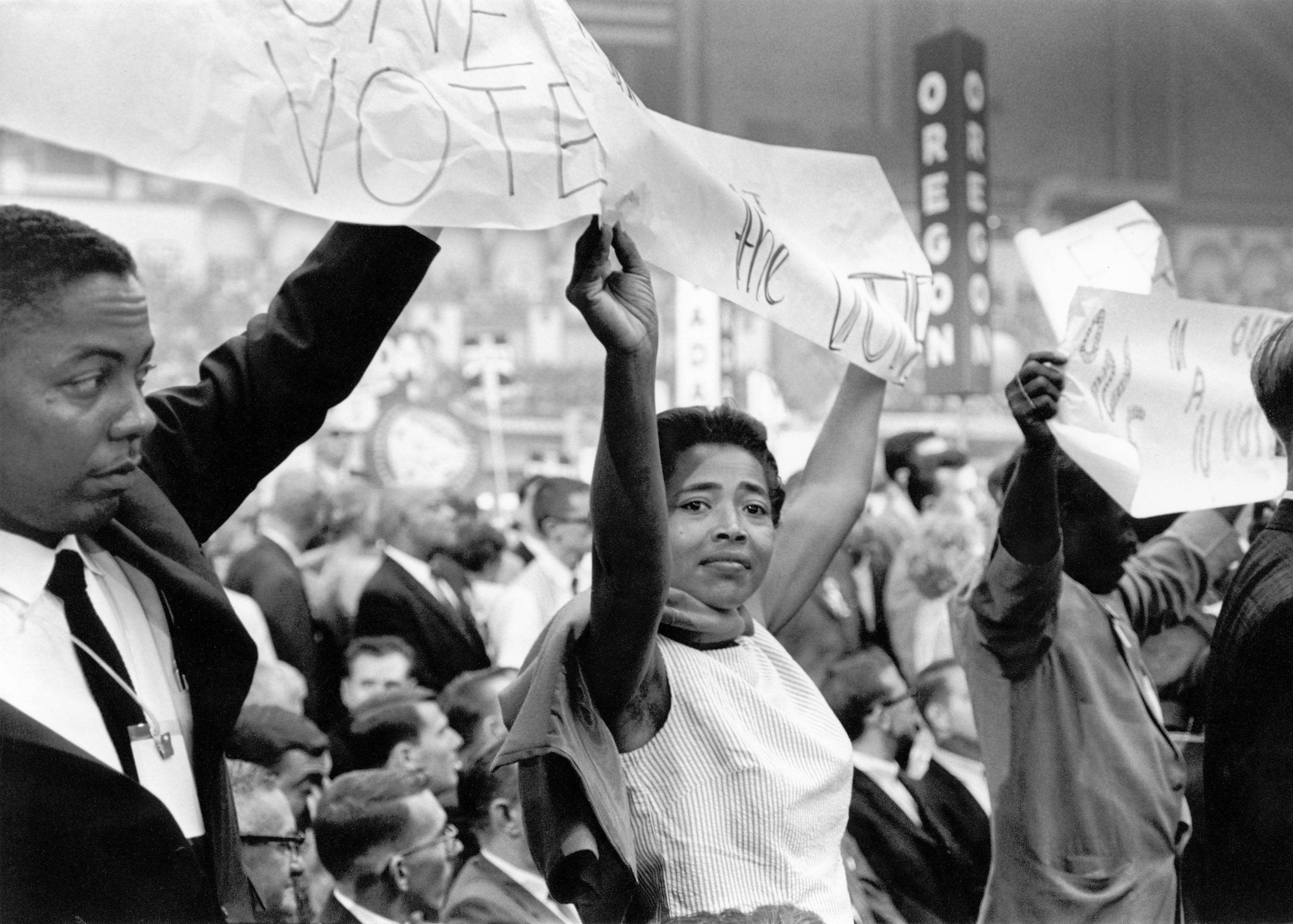
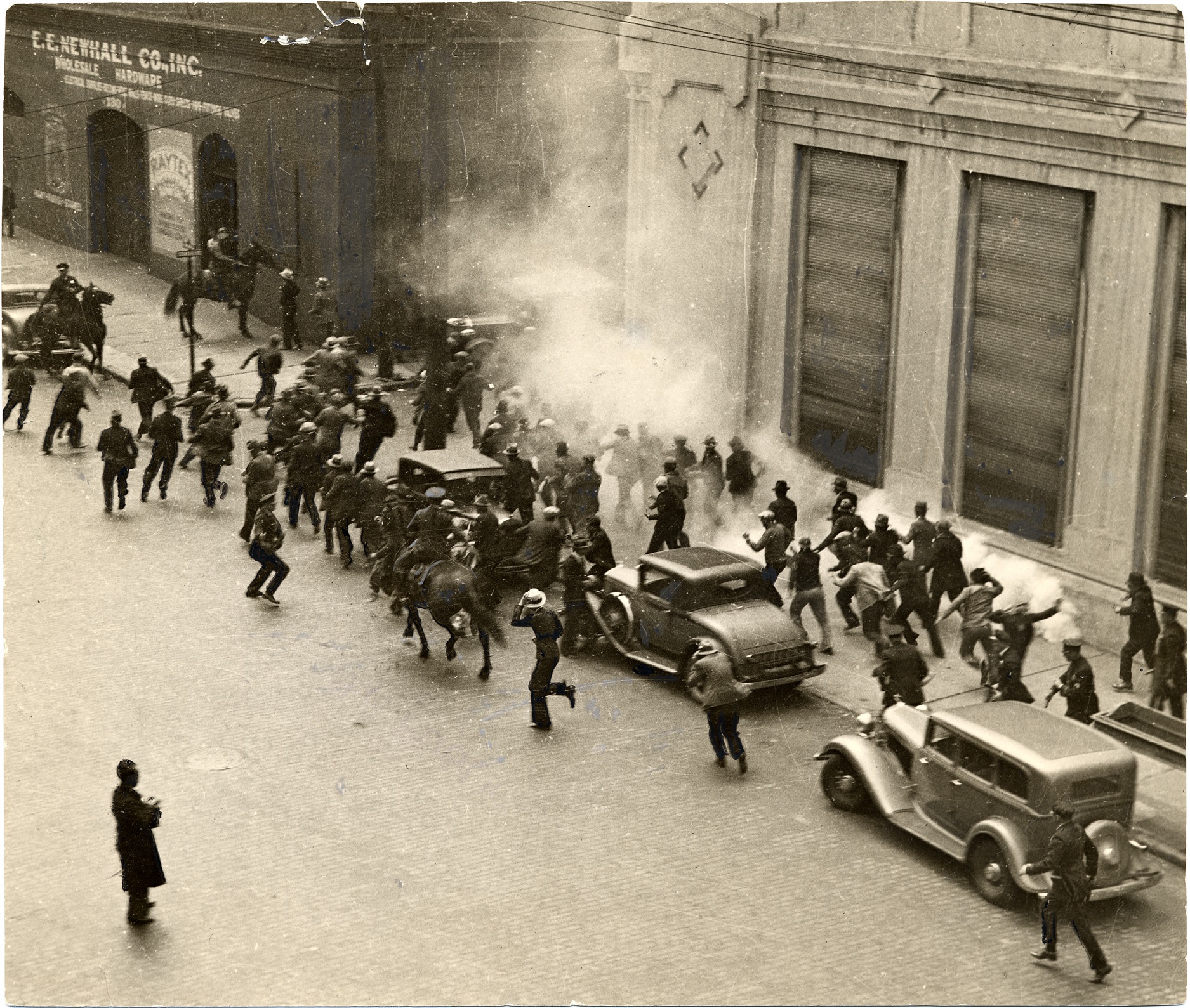
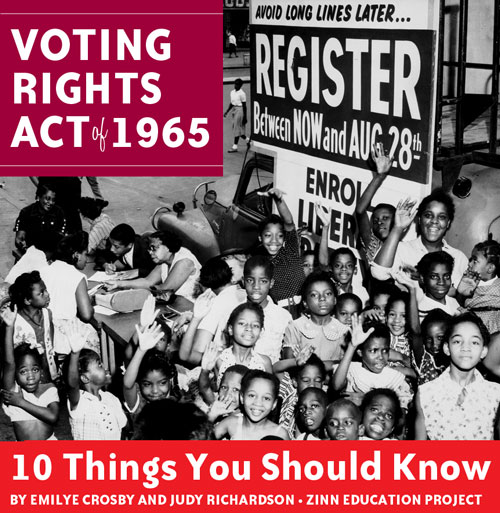
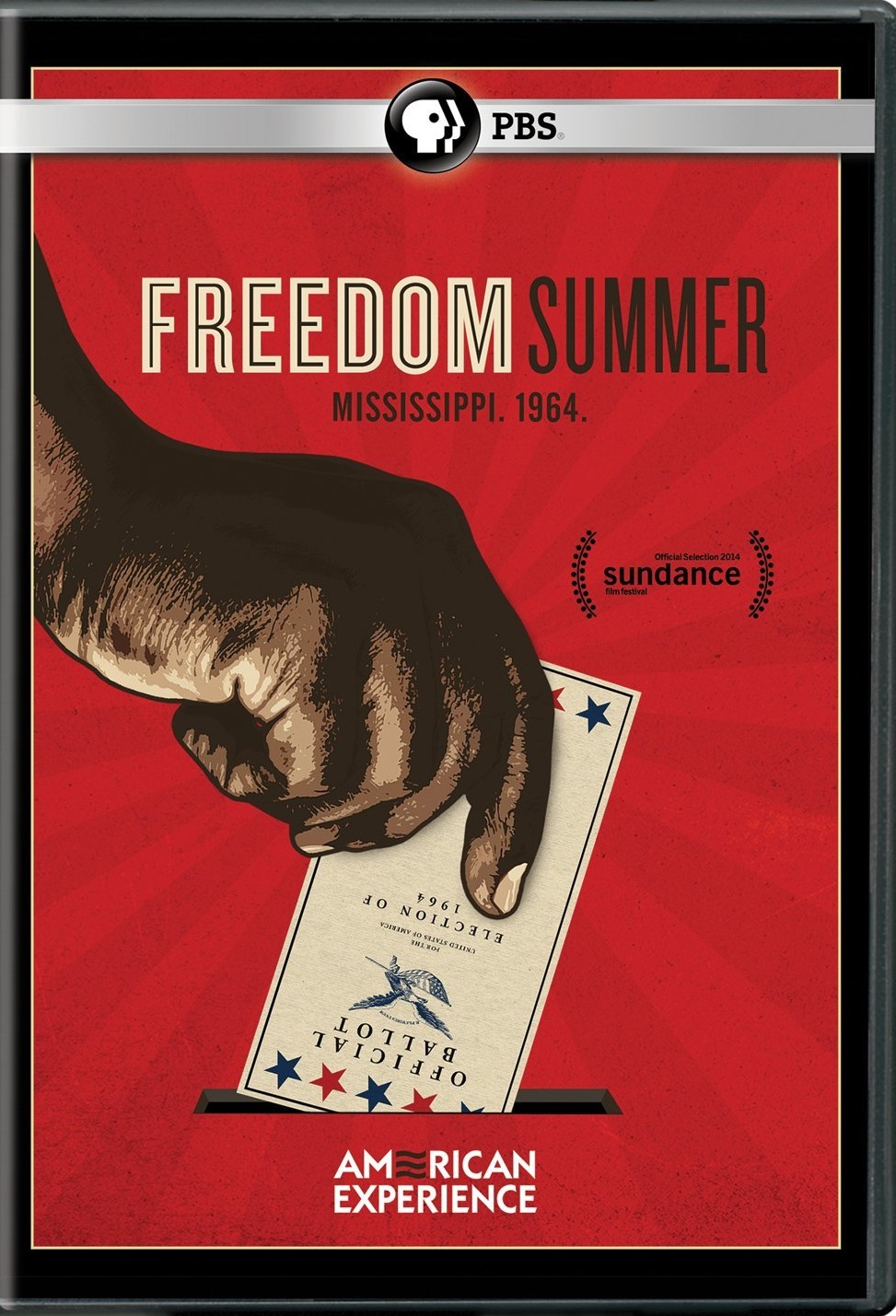

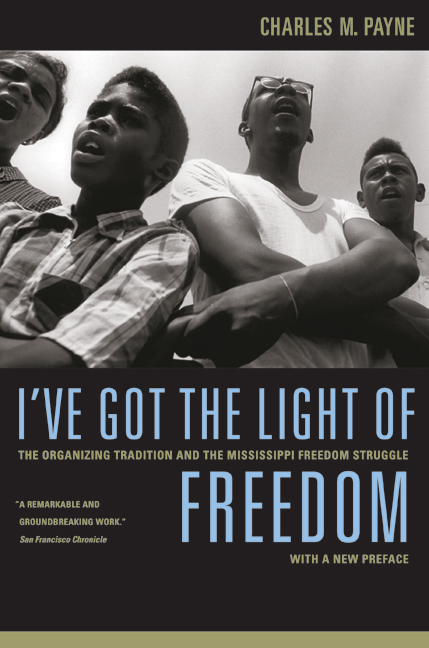

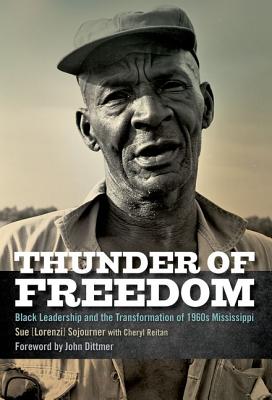
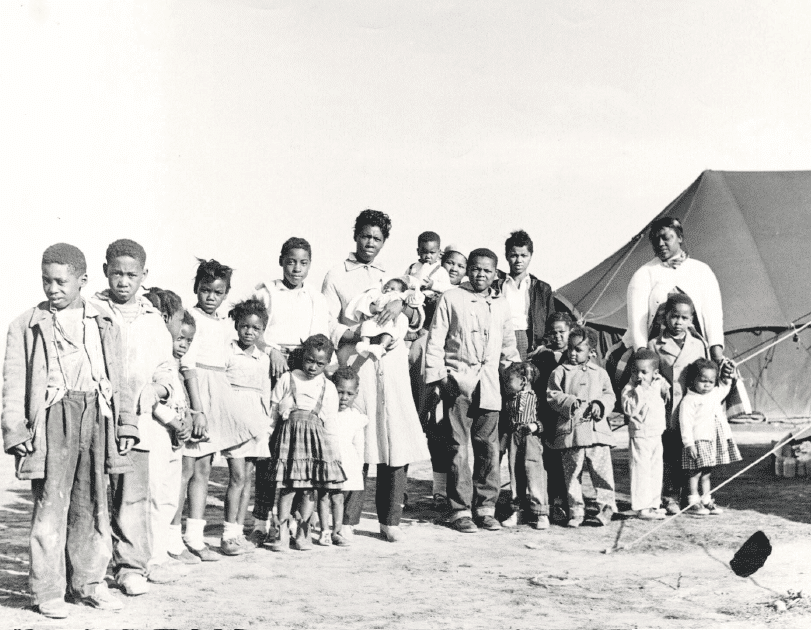
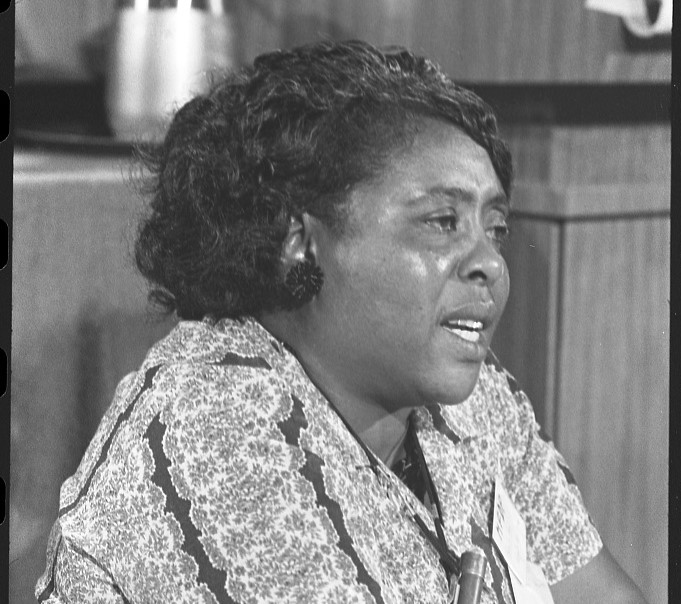






Twitter
Google plus
LinkedIn